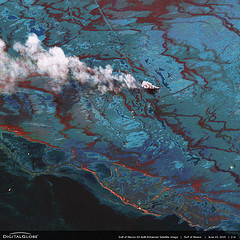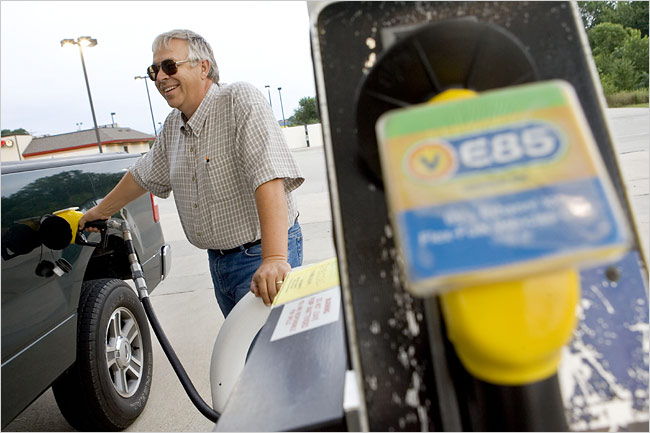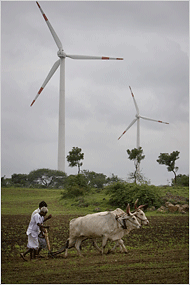After watching nearly five hours of last week’s boisterous NFL kickoff special in New Orleans, one might forget that the Gulf region is still recovering from one of the worst environmental calamities in American history. And yet, the media’s recent coverage of the oil cleanup has been sunnier than Taylor Swift’s pre-game ballads. As bacteria continue to gobble up oil previously expected to devastate the region for years, more scientists and talking heads seem to be latching onto Tony Hayward’s infamous prediction that the environmental impact of the disaster may actually be “very, very modest”.
So let’s just assume for a moment that the clean-up effort, both human and bacterial, is going swimmingly. Fantastic. Let’s also assume that lost jobs will return, fishery populations will rebound, and oil-slicked birds will shake that pesky crude off their feathers. In time, images of the Gulf oil disaster will fade away, yet a quiet disaster remains.
Earlier this month, the White House released a study finding that hypoxia – or low dissolved oxygen – has increased thirty-fold in the United States since 1960, leading to ocean “dead zones” brought on by unprecedented amounts of pesticides and other chemicals funneled through our nation’s waterways. Simply put, nasty stuff is running off our farms into our rivers and ultimately, our oceans. The long term impact will likely make the gulf oil disaster look, for lack of a better phrase, “very, very modest”.
So why doesn’t anyone seem to care that the Gulf’s absence of oxygen is destroying our eco-system?
Outraged at the images of the Gulf oil crisis, we cursed out BP, we shook our heads in disgust, and then we kept on pouring motor oil down our drains. In fact, Americans improperly dispose of 240 million gallons of motor oil each year, with most of it making its way into our waters. As a point of reference, that’s 50-100 million gallons more than was leaked into the Gulf. Would Americans stand for 1½ Deepwater Horizon disasters each year?
To borrow from Dan and Chip Heath, the image of oil-soaked wildlife simply sticks in our mind more easily than chemical runoff. Low dissolved oxygen? Huh? If Brian Williams isn’t showing me a clip this evening, it must not exist. But oil-stained beaches… now that’s a headline.
There is good news. We can play a role – as consumers and as corporate leaders – to turn the tide of this foul runoff and subsequent quiet degradation of our oceans. For example, the organic food movement is thriving thanks to an alignment with health consciousness, but the positive environmental impact of widespread organic agriculture can be revolutionary. When we start making these decisions not just for our own health, but for the health of our planet, pretty incredible things can happen – and businesses have a prime opportunity to capitalize on this shift without having to wait for the next news-worthy disaster.
So the next time you are outraged at images of an environmental catastrophe, think about how we can prevent the next quiet disaster that goes unnoticed.
Image Credit: DigitalGlobe-Imagery via flickr under a CC license




